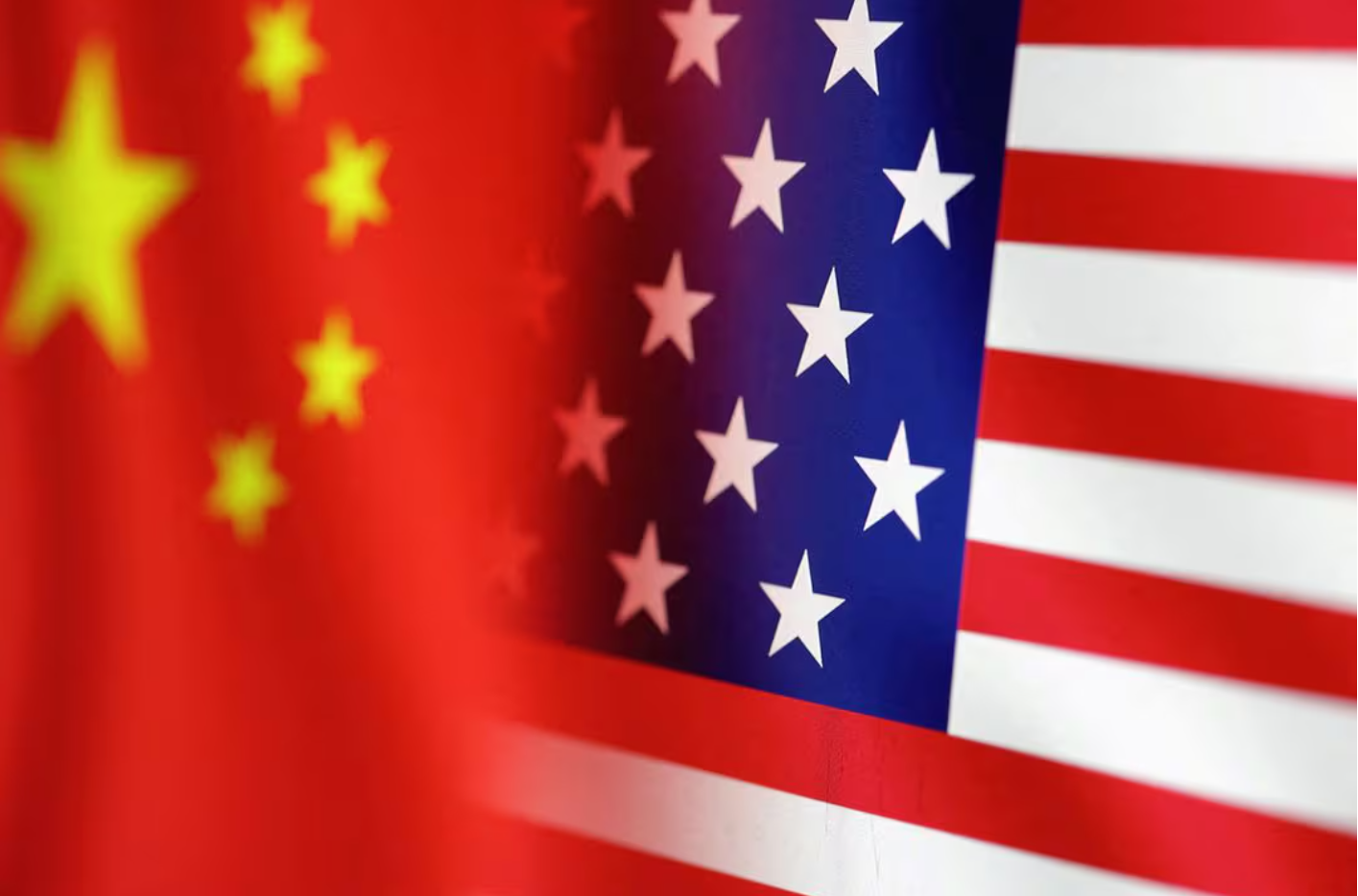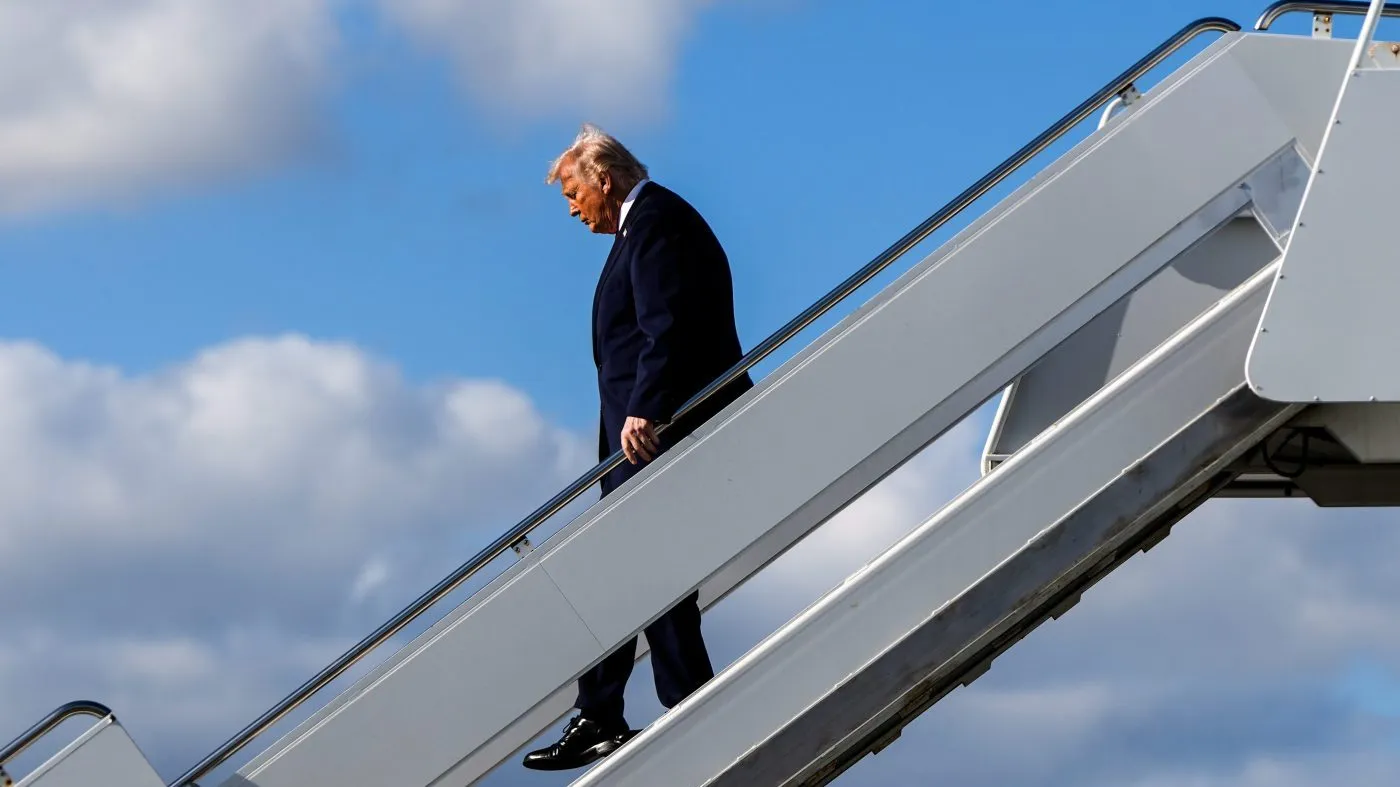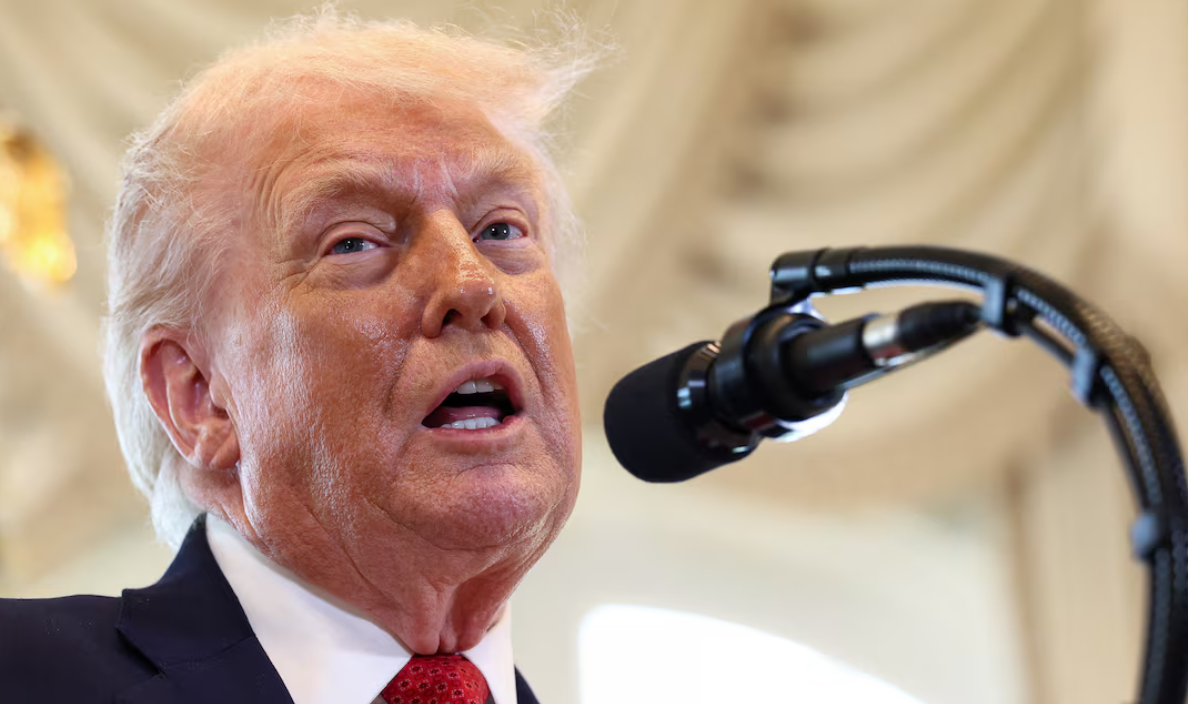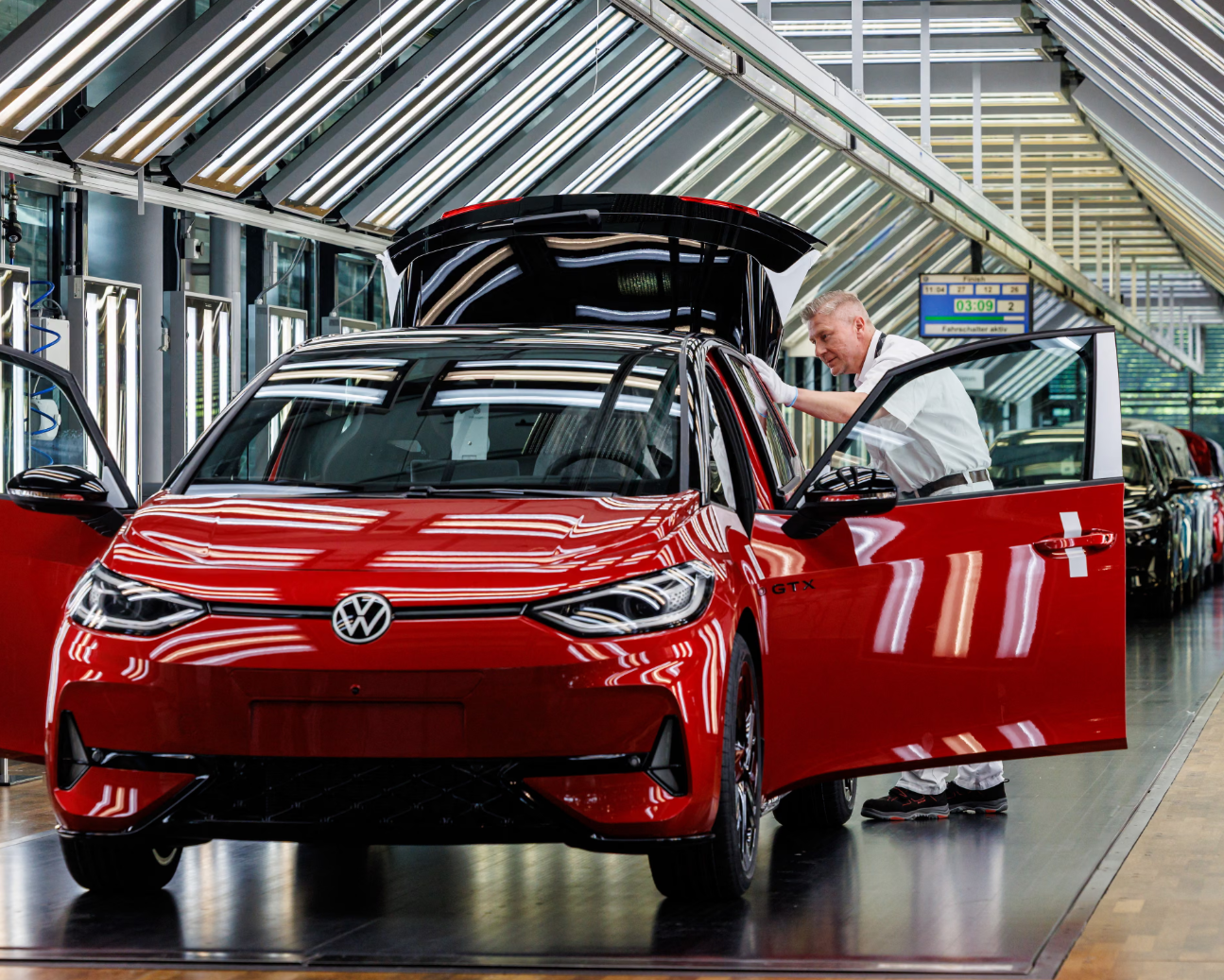WASHINGTON, March 11 (Reuters) – The United States must employ “all the tools at our disposal” to outcompete China, a top U.S. State Department official said on Monday, as the Biden administration unveiled its budget request for the 2025 fiscal year.
The request includes $4 billion over five years in mandatory funding for this purpose, including $2 billion to create a new international infrastructure fund to provide a credible, reliable alternative to Chinese infrastructure funding, Deputy Secretary of State for Management and Resources Rich Verma told a news briefing.
The other $2 billion was earmarked for “game-changing investments” to help Indo-Pacific countries push back against “predatory efforts,” he said, adding that those would include efforts to improve governance and the rule of law.
The State Department requested a separate $4 billion in discretionary funding to cover foreign assistance and diplomatic engagement in the region.
U.S. efforts to fund infrastructure in developing countries have long been dwarfed by China’s massive Belt and Road Initiative, a 10-year-old project to build infrastructure and energy networks connecting Asia with Africa and Europe through overland and maritime routes.
According to a report by U.S. researchers last November, Chinese financial institutions lent $1.34 trillion to developing countries from 2000 to 2021.
“We must employ all the tools at our disposal to outcompete China, wherever possible,” Verma said, also referring to China by the initials of its official name, the People’s Republic of China (PRC).
He said the request for fiscal 2025 would allow the U.S. “to continue to invest in the foundations of our strength at home, align with like-minded partners to strengthen our shared interests and address the challenges posed by the PRC, and harness those assets to compete with the PRC and defend our interests.”
Verma said the infrastructure fund would support “transformative, quality and sustainable hard infrastructure projects.”
At the 2023 G20 Summit in India, U.S. officials said President Joe Biden and Indian Prime Minister Narendra Modi co-hosted a group of G20 leaders to accelerate investments in high-quality infrastructure projects and development of economic corridors through a Partnership for Global Infrastructure and Investment (PGI).
This came after the Group of Seven rich Western countries leaders pledged in 2022 to raise $600 billion in private and public funds over five years to finance needed infrastructure in developing countries and counter the Belt and Road project.
Overseas finance has won Beijing friends across the developing world, while drawing criticism from the West and in some recipient countries, including Sri Lanka and Zambia, that infrastructure projects it funded saddled them with debt they were unable to repay.




